
In her mid-20s, Tizita Eyamo is one of 25,172 workers at the nation’s flagship industrial park in Hawassa, capital of the Southern Nations, Nationalities, & Peoples’ Region.
Originally from Wendo Genet, a town in Sidama Zone, she was hired nine months ago by IndoChine Apparel, one of 21 operational companies in the park engaged in manufacturing pairs of jeans for global brands like Wrangler and Levi’s.
She spent a month and a half training before proceeding to work on a machine that attaches belt loops to pants.
Tizita, who rents a house with her four younger brothers, has a basic salary of 750 Br a month, a salary that has triggered much debate over the lack of a minimum wage in Ethiopia, especially in industrial parks.
But she has been managing to make a little extra each month. She gets a transportation allowance of 200 Br, food allowance of 260 Br and a 200 Br bonus if she shows up each working day of the month.
Additionally, she receives performance-based incentive pay when her team meets 40pc of the target set by the company, which incrementally increases. Last April, her gross salary was 1,700 Br, which does not include her bonus that was lowered by her absence from work for four days.
Her colleague, Netsanet Birhanu, who operates a stitching machine and rents a house for 800 Br with a friend, was able to earn 2,500 Br in the same month. Neither of them though would claim that what they are earning is enough.
“The amount I earn has been growing, but it is still not enough to cover my monthly expenses for food, rent and to support my family,” says Tizita. “I am forced to ask for help from my father.”
A report by the STERN Centre of New York University, quoting the worker’s basic salary scale, released a report this month saying that workers at the industrial park were the lowest paid in the world.
The basic salary in Ethiopia is less than that of the next lowest countries, Bangladesh and Myanmar, by a factor of 3.6.
New workers wait to apply for a job at Hawassa Industrial Park on May 21, 2019.
“The government’s eagerness to attract foreign investment led it to promote the lowest base wage in any garment-producing country - now set at the equivalent of 26 dollars a month,” reads the report.
This has cast a negative shadow over Hawassa Industrial Park, one of six operational industrial parks built with the purpose of realising the nation’s ambition of becoming a manufacturing hub.
Opened in October 2015, all of its 52 sheds have now been occupied by garment exporters. In April, six million dollars worth of goods were exported by these companies, while 29 million dollars was earned overall in the first seven months of this fiscal year.
Many of the park’s workforces come from the Sidama Zone, thought to be endowed with a large working-age group of Ethiopians.
More than five million of this young workforce is found within a 100Km radius of Hawassa, according to Belay Hailemichael, Ethiopian Investment Commission manager at Hawassa Industrial Park.
The Commission, together with local government bodies found within the specified radius, recruits young men and women who have at least an eighth-grade education and are looking for jobs.
Dawit Duressa, a labourer in his late 20s, is among the young men and women who have applied to the Commission to get employment in one of the factories in the park.
“I am looking for a job here, because I want to have a stable income to support my education,” he says.
Dawit knows that the wage the workers receive is low but prefers it to working as a construction labourer where he can earn 70 or 80 Br a day. Construction work is unstable, however, and he has no guarantee of getting work week to week and month to month.
“But if I can get a job at one of the factories inside, I will know I have a stable income, no matter how small, and that will enable me to continue my education,” he says.
Netsanet Birhanu, like the thousands of other employees at Hawassa Industrial Park, is the lowest paid textile worker in the world, according to a new report from the STERN Centre of New York University.
Despite a workforce that is still willing to take jobs for low pay, there is agreement that it is an issue that needs to be addressed.
Andualem Alebachew, labour unit senior manager at the park, agrees that the low wages are cause for a lot of grievances, because the cost of living is constantly rising in the city.
“The complaints the workers express are legitimate, so we are working with the companies to come up with solutions,” said Andualem.
In response to strikes for better pay that all the companies in the park agreed to implement a performance-based incentive system, providing transportation and food in cash or in-kind and giving attendance bonuses for those who are not absent during working days.
Every employee at the park thus gets 460 Br in allowances and a 200 Br bonus if they manage to work every working day of the month. A performance-based bonus is also given to a team of workers who work together in a single line.
They work in a sequence to produce a single type of product, and their performance is measured based on their output compared to the target set by the company. A team that performs at least 40pc or more is given bonuses starting at 20 Br a day.
“As their performance grows, so does the additional money they earn, which happens through time as they gain experience,” says Madusha Fernando, HR & administration manager at Indochine Apparel Plc.
Company managers like Madusha argue that the efficiency of workers in Ethiopia is below that of other countries mentioned in the STERN Centre report.
Countries such as China, Sri Lanka and Bangladesh have been in the industry for more than three decades and boast some of the highest manufacturing efficiencies in the world, according to these managers.
Lower education levels, relatively cheaper cost of living in the country, higher logistics costs and weak infrastructure are also used to justify the low wages.
“The percentage of workers who are absent is now around 15pc compared to one percent at our factory in Sri Lanka,” says Madusha. “How are we expected to pay comparable wages when their productivity is not comparable?”
Lacking a skilled workforce, adequate infrastructure and foreign currency for the import of manufacturing raw materials, countries such as Ethiopia have been trying to attract investors through incentives such as abundant cheap labour.
“Historically, the garment industry has been constantly moving to countries with lower costs,” said Abebe Abebayehu, head of the Ethiopian Investment Commission. “In the past decades, South East Asian countries dominated the industry, because they had cheap and abundant labour forces. But as the labour costs in these countries grew, investors are now looking for new investment destinations.”
But the Commissioner admits that Ethiopia has to find a balance between attracting investors and protecting its citizens from unfair working conditions and by setting a minimum wage. On Africa News, a news wire, countered that the report does not take into account the other benefits offered by the companies.
The Ethiopian government has admitted that the worker’s pay is low and needs to be improved. The Ministry of Labor & Social Affairs is currently amending the labour proclamation, and sources close to the case say that it will include setting a national minimum wage.
“The government has been working on finding ways to strike that balance by doing research on the working conditions of the workers and holding discussions with both employees and employers,” said Ergoge Tesfaye (PhD), minister of Labour & Social Affairs.
The government needs to train these workers from the rural parts of the country to participate in mechanised factories, suggests Atlaw Alemu (PhD), a lecturer at Addis Abeba University’s Faculty of Business & Economics.
“The fact that we are bringing farm workers directly into factory settings without briefing them on how to conduct themselves in a work environment or without giving them any technical training will no doubt reduce productivity,” says Atlaw. “That way, the country can ensure better productivity and wages.”
Meanwhile, Tizita hopes for a better salary scale, while unemployed youth like Dawit hope they can get past the gates of the Park to get hired for jobs that, as government authorities readily admit, pay very low.
PUBLISHED ON
May 25,2019 [ VOL
20 , NO
995]
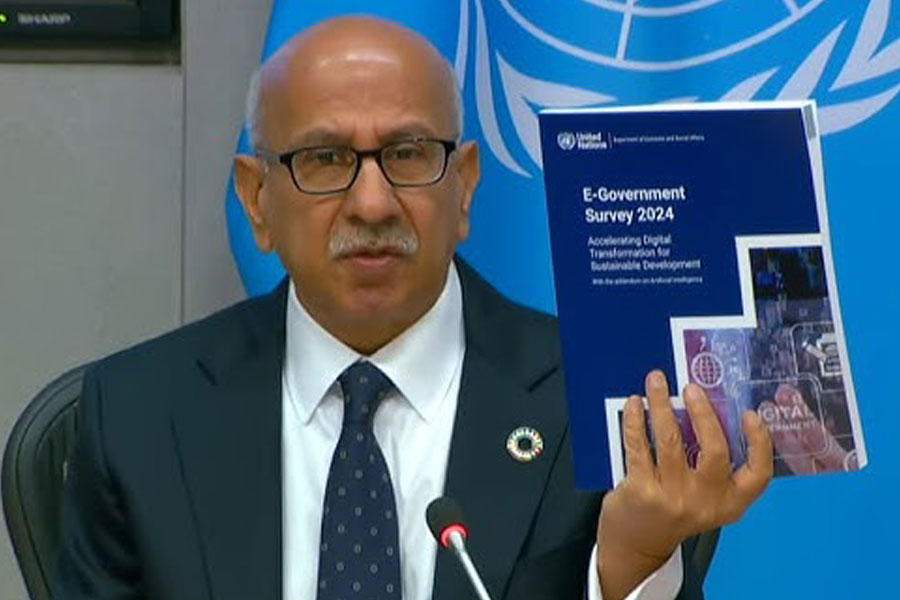
Fortune News | Sep 28,2024

Fortune News | Apr 13,2019

Radar | Sep 03,2022
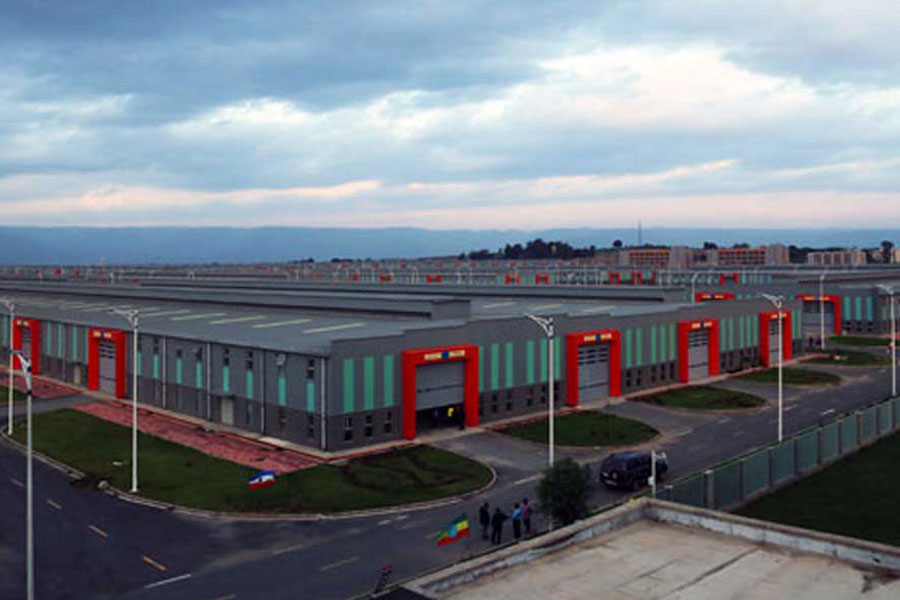
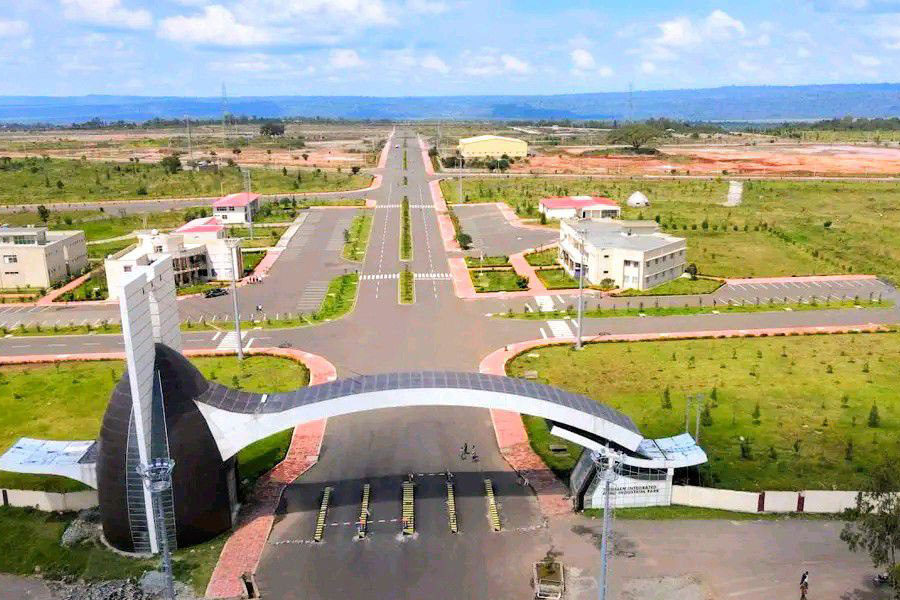
Fortune News | May 13,2023

Commentaries | Jan 05,2019

Radar | Oct 31,2022

Fortune News | Nov 13,2021
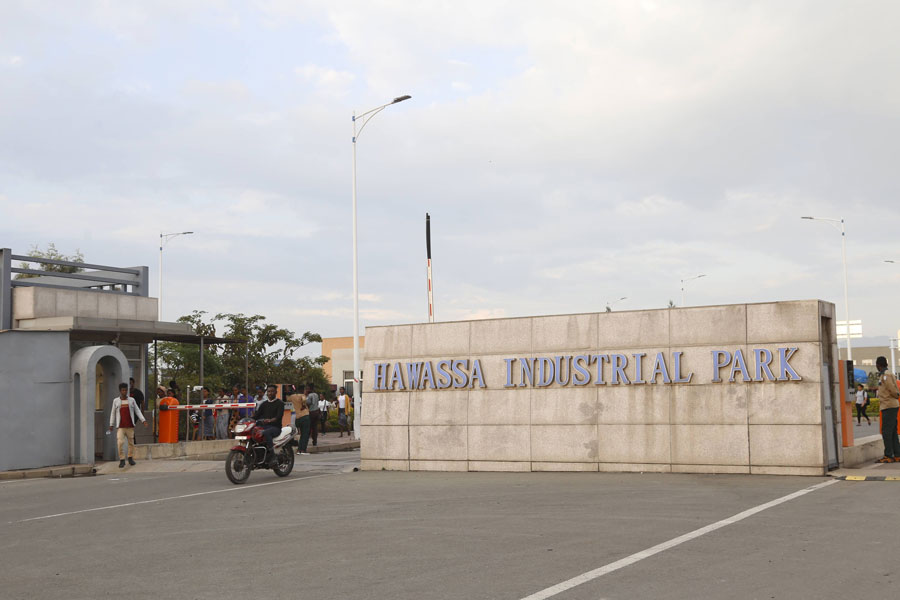
Fortune News | Apr 16,2022
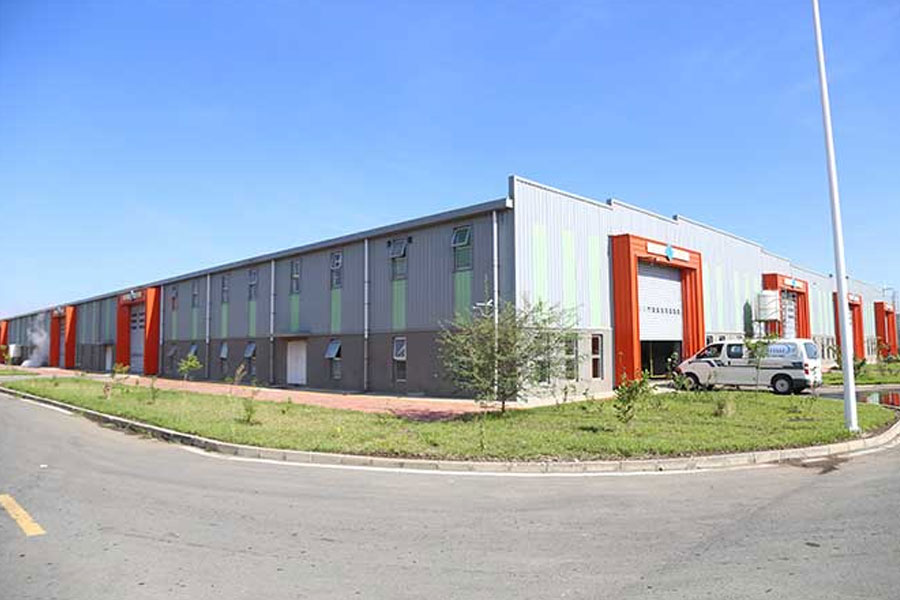
Fortune News | Jan 02,2021

Dec 22 , 2024 . By TIZITA SHEWAFERAW
Charged with transforming colossal state-owned enterprises into modern and competitiv...

Aug 18 , 2024 . By AKSAH ITALO
Although predictable Yonas Zerihun's job in the ride-hailing service is not immune to...

Jul 28 , 2024 . By TIZITA SHEWAFERAW
Unhabitual, perhaps too many, Samuel Gebreyohannes, 38, used to occasionally enjoy a couple of beers at breakfast. However, he recently swit...

Jul 13 , 2024 . By AKSAH ITALO
Investors who rely on tractors, trucks, and field vehicles for commuting, transporting commodities, and f...

Oct 18 , 2025
The political establishment, notably the ruling party and its top brass, has become p...

Oct 11 , 2025
Ladislas Farago, a roving Associated Press (AP) correspondent, arrived in Ethiopia in...

Oct 4 , 2025
Eyob Tekalegn (PhD) had been in the Governor's chair for only weeks when, on Septembe...

Sep 27 , 2025
Four years into an experiment with “shock therapy” in education, the national moo...